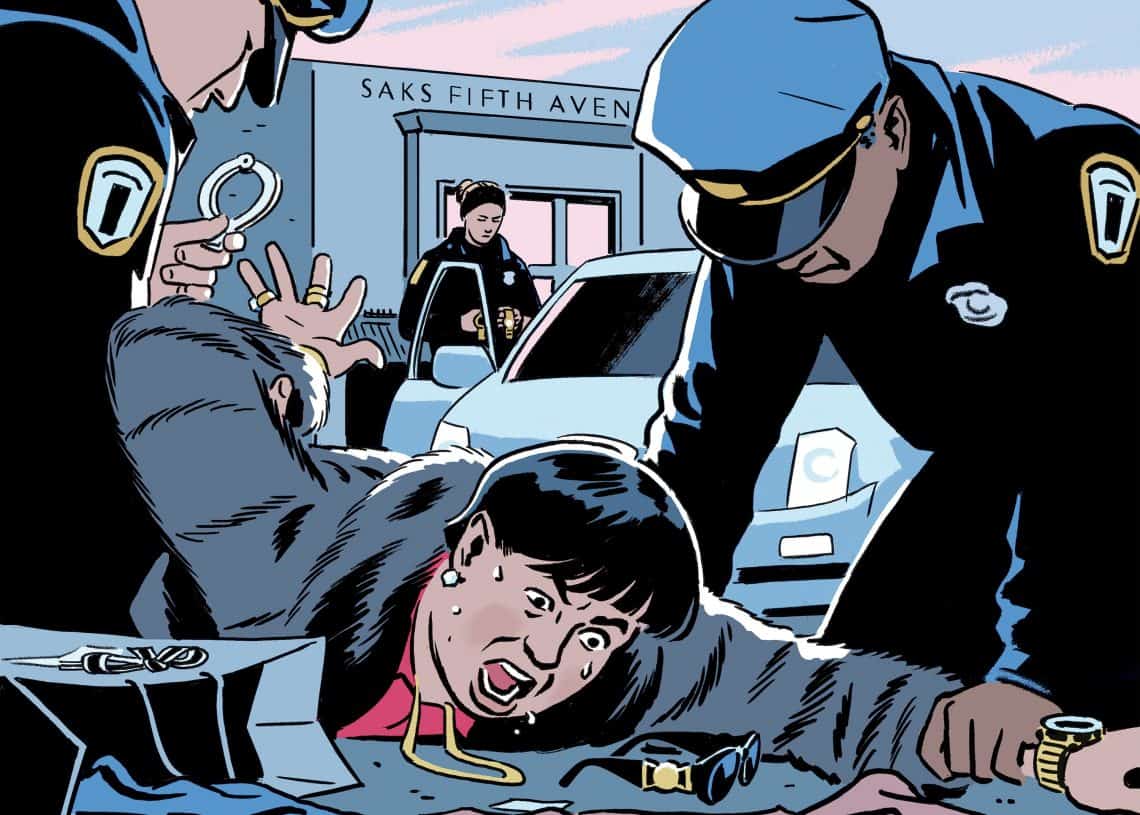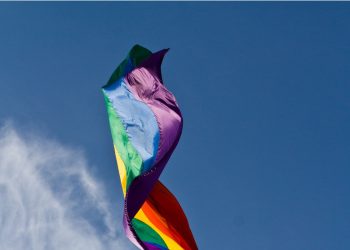Last weekend Singapore’s police arrested Leslie Chew, the cartoonist behind the comic series Demon-cratic Singapore. Held for alleged sedition, he spent nights in lock-up and was questioned over two days before being released on Sunday morning after posting bail of S$10,000. His mobile phone, computer and hard drive have been confiscated, and his passport surrendered.
Chew has produced more than 600 cartoons of what he claims is a 100% fictional country called Demon-cratic Singapore. His Facebook page has over 19,000 followers, and his cartoons can occasionally be found on blogs and aggregate websites, but one can’t exactly claim that his work is wildly popular or even that well-known.
Until now, that is.
The Streisand Effect
Named after the American singer and actress Barbra Streisand, the Streisand Effect describes how efforts to suppress a juicy piece of online information can backfire and end up making things worse for the would-be censor. Ms Streisand inadvertently gave her name to the phenomenon in 2003, when she sued the California Coastal Records Project, which maintains an online photographic archive of almost the entire California coastline, on the grounds that its pictures included shots of her cliffside Malibu mansion, and thus invaded her privacy. … As the links proliferated, thousands of people saw the pictures of Ms Streisand’s house—far more than would otherwise ever have bothered to browse through the CCRP’s archives. By the time a judge eventually threw the suit out, Ms Streisand’s privacy had been far more thoroughly compromised than it would have been had she and her lawyers left the CCRP alone.
– The Economist, ‘What is the Streisand Effect?’
Singapore is no stranger to the Streisand Effect. One example would be when the Alan Shadrake was convicted of scandalising the judiciary with his book Once A Jolly Hangman – from the day of his arrest to his deportation, his book went from a small publication to a best-seller, now available even in Australia and the UK.
With news of Chew’s arrest now spreading like wildfire through social media, the cartoon series is undoubtedly going to get more attention that it’s ever received. (Between writing the second paragraph above – where I said the FB page had 19k likes – and this one, Chew’s page now has over 20,000 followers, and rising.)
Whatever effect his cartoons had that worried the authorities enough to arrest him, will now be amplified to a much bigger audience than if they’d just left it alone.
A community doubling down
As mentioned above, arresting Chew is unlikely to suppress or diminish the influence of his work; it’s much more likely to have the opposite effect.
It also paints a picture (yet again) of a heavy-handed state suppressing freedom of speech in Singapore. This is particularly significant as the news of this arrest has follows hard on the heels of the Attorney-General’s Chambers sending letters to websites demanding that they take down posts and issue apologies for comments deemed in contempt of court, and telling the media that it is considering taking action against a journalist who interviewed two of the ex-SMRT bus drivers involved in last year’s strike.
This will only widen the gulf between the state and the people, and far more likely to damage public trust than to increase it. But the public anger provoked by such an action will probably have yet another negative effect: that of a community doubling down.
In the world of political cartoons, Demon-cratic Singapore isn’t exactly the best. More often than not, its episodes tend towards anti-foreigner or essentialist-Singaporeantendencies, or are just flat-out offensive. And his work aren’t just ‘jokes’ – as those who say the government “can’t take a joke” seem to think – they do have the potential to feed public sentiment in Singapore.
A serious discussion over the issues, good or bad, of Demon-cratic Singapore wasn’t urgently needed when it was a fairly small cartoon series. It’s needed now that the arrest of its creator is generating interest and attention. But this same arrest is precisely why it’s going to be difficult to have a rational debate about the problematic sentiments promoted by the cartoons.
With this clampdown by state authorities, Chew and his work have automatically gained far more street cred than they would have otherwise. With just one piece of breaking news he has been elevated to an almost-legendary status: The Cartoonist Who Dared, the (latest) David against the PAP government’s Goliath.
In such a situation, we’re reduced to a binary: you either stand with him or against him.
With the outpouring of admiration and support for him, all sorts of issues have been whitewashed, the problematic areas of his work overlooked. He has been raised to the dizzying heights of a ‘True Blue Singaporean’, a ‘voice of the people’.
To say now that he doesn’t, and shouldn’t, represent Singaporeans would appear to be a betrayal of the Us camp. Which makes you a Them. So you can either support and cheer Chew on despite any discomfort with his work, or you can be seen as a government bootlicker.
How can we have a rational discussion like this? And without this discussion, how can we improve and grow as a society?
I don’t agree with a lot of Chew’s work. I do, however, believe very strongly that he has the right to express his views on his own platform, as he has done. I also believe that others have the right to call him out on his opinions if they choose to. But with this arrest, the conversation has veered completely off-course into a false binary.
In choosing to arrest Chew, the state has neither succeeded in curbing the influence of his work nor helped to improve public discourse on important issues. At the end of the day, everyone loses.








